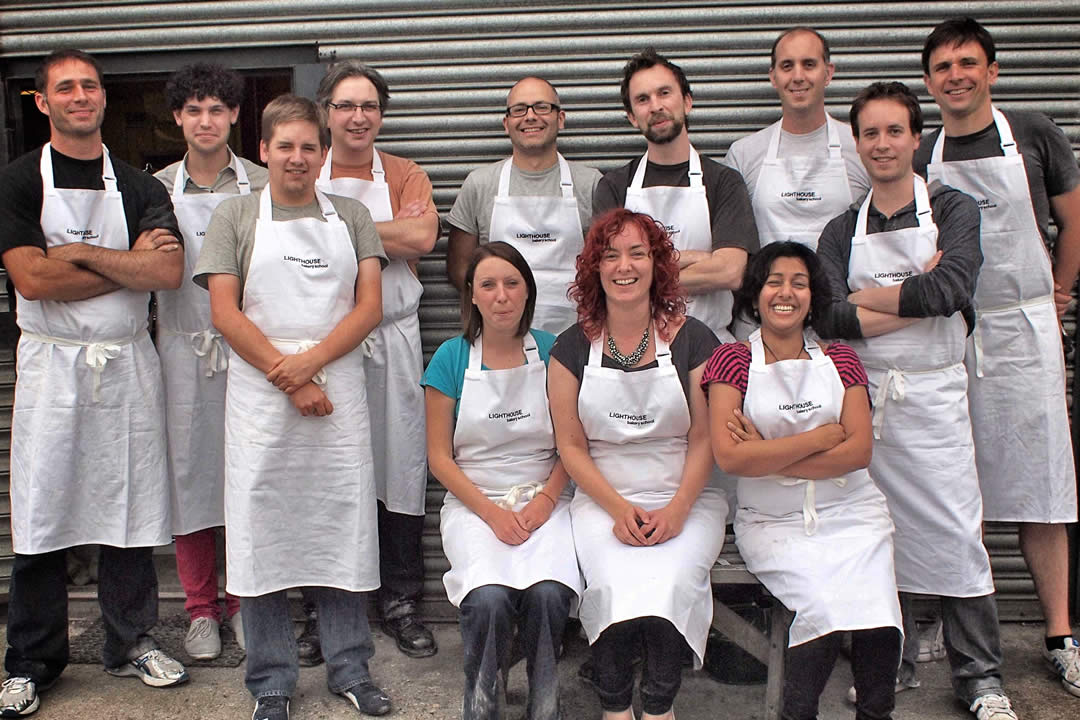This weekend I will move into a new flat, the first I’ve owned rather than rented. Finding somewhere to buy was a drawn out affair – I began looking in January, and had my offer accepted in May – yet I still felt light-headed when the contracts were finally exchanged earlier this month.
While I’m trying not to see buying a property as an act of settling down (I can always rent it out, right?), that I’ve bought somewhere in Brighton suggests I’ve found a place I’m happy to call home. This is partly thanks to Clearleft, the design agency I joined in 2009. The team here introduced me to a local community of peers, as well as the best places to eat, drink and be merry in this small but vibrant city.
Parental Guidance
The history of Clearleft maps closely to that of my own career. At first, I watched from the sidelines as the company emerged from the blogging of its three founding partners. My first interaction came as a client, when Ning hired their nascent team to design a video product. I later contracted for them, before joining full-time four and a half years ago.

The Clearleft team after a day out learning to bake bread in 2011.
Having worked with Clearleft in these different guises, I’ve learned the secret to the company’s longevity and success. This can be summed up in one word: trust.
Employees are given an enormous amount of autonomy, be that how projects are run, the management of hours and budgets, or simply what they may tweet or blog about (which certainly wasn’t the case at Ning). But having autonomy doesn’t mean working alone. Clearleft is an incredibly supportive environment; critique and advice is given in equal measure, and everyone is encouraged to share their expertise – both internally and externally.
My confidence has grown immensely as a result. I’d never have spoken in front of 400 people at one of our own conferences – or frankly had the nerve to publish some ill-considered opinions about somebody else’s – had it not been for the support of my colleagues.
In many respects, Clearleft can be regarded as a family. Andy and Rich are the parents while perhaps Jeremy is the fun uncle sending postcards from his adventures around the world. It’s a crude analogy, but it goes some way to explaining why former employees retain a proud association.
I know I will, as it is with much sadness that I’ve decided to leave Clearleft, with my last day at this wonderful company fast approaching.
Goodbye Clearleft
The comfort zone is the great enemy to creativity; moving beyond it compels intuition, which in turn brings new perspectives and conquers fears.
– Dan Stevens, British actor
I’ve spent more hours working for Clearleft than I have any other company. I’m incredibly comfortable in my current position, yet at the same time aware of the negative impact this is having on my work. During the last few years I’ve felt somewhat stuck, worn down by familiar routines and conversations. A month away from work last year volunteering and travelling provided a brief respite, but the effect was short lived.
There is still so much I want to learn, too. As I write and speak more about my profession, I feel slightly fraudulent having not worked in a big organisation or as part of a larger design team. Successful web design is not only the result of beautiful aesthetics or well-crafted code, but an ability to work with others, communicate ideas effectively and often, reach compromise. Working at an agency can shield you from a client’s internal politics: a blessing for consultants maybe, but often a curse to any product being built. I say this having worked on projects where the resulting website was either shut down, or replaced by a Facebook page six months after launching – that’s if it ever launched. I’ve seen both sides of the coin; agency versus in-house, projects versus products, and right now the coin is weighted against what Clearleft can offer.
Hello the Guardian
Having formed a fairly strict set of criteria for any potential future employer (e.g. doing something of importance, unlikely to get bought by Facebook) only a few candidates remained. Of these, the Guardian looked the most promising.
This has been quite a year for the newspaper, reporting on issues such as press regulation, mass-surveillance programmes and the intolerable working conditions construction workers are being subjected to in Qatar – important stories other media outlets have either ignored or downplayed. Courageous journalism that calls the powerful to account is an important part of a fully functioning democracy, and never more so in the run up to a general election. The Guardian is an exciting place to be right now.
The organisation is digitally savvy and forward-looking too, and this can be seen in the development of their responsive mobile website. I’m looking forward to joining the team working on this project, helping them reach a point where this can replace the current desktop site.
This new role will introduce a lot of new challenges – not least getting up earlier in the morning and enduring a daily train commute – but I can’t wait to get my teeth stuck into them. Onwards.